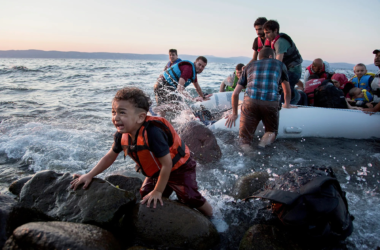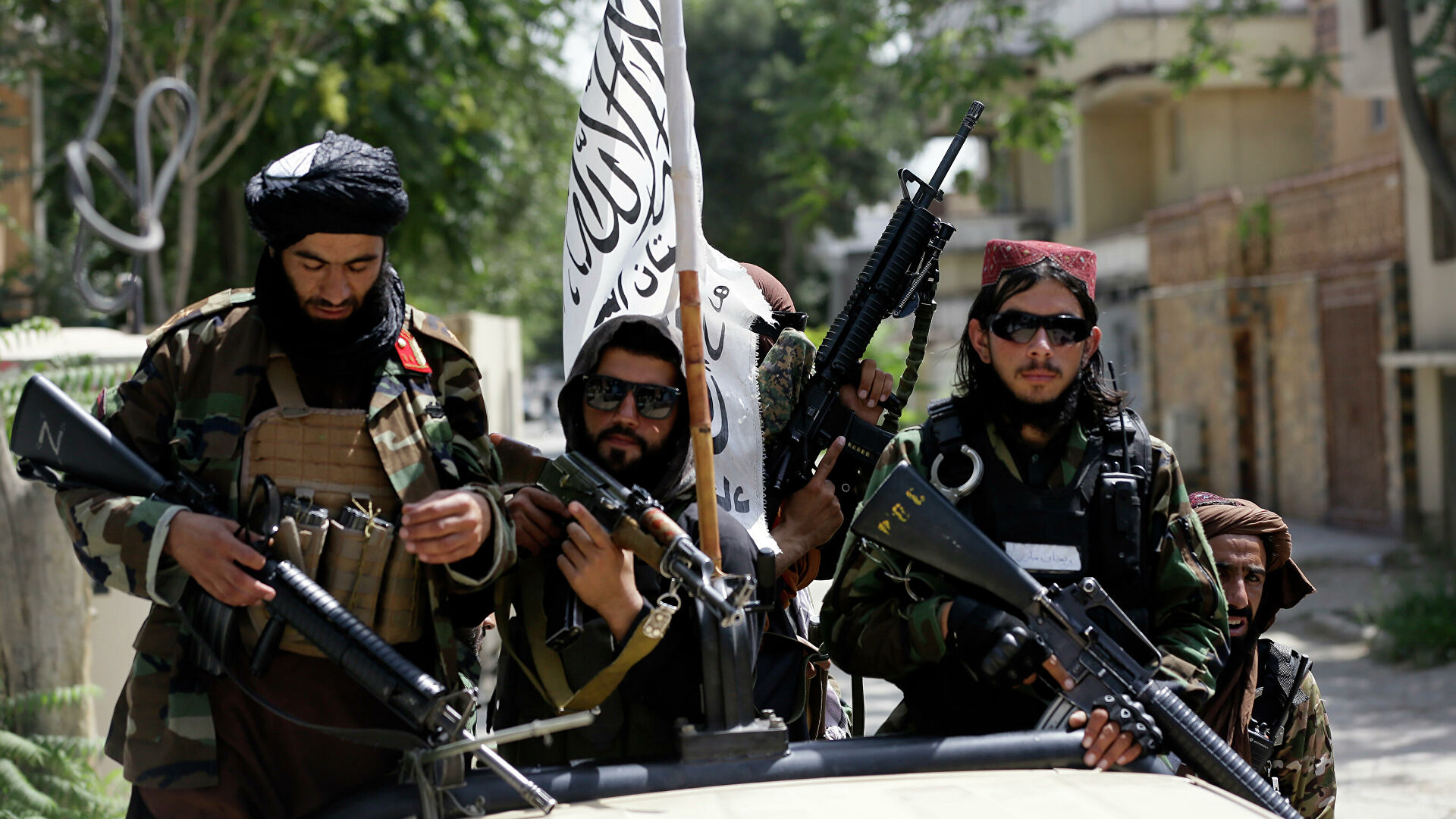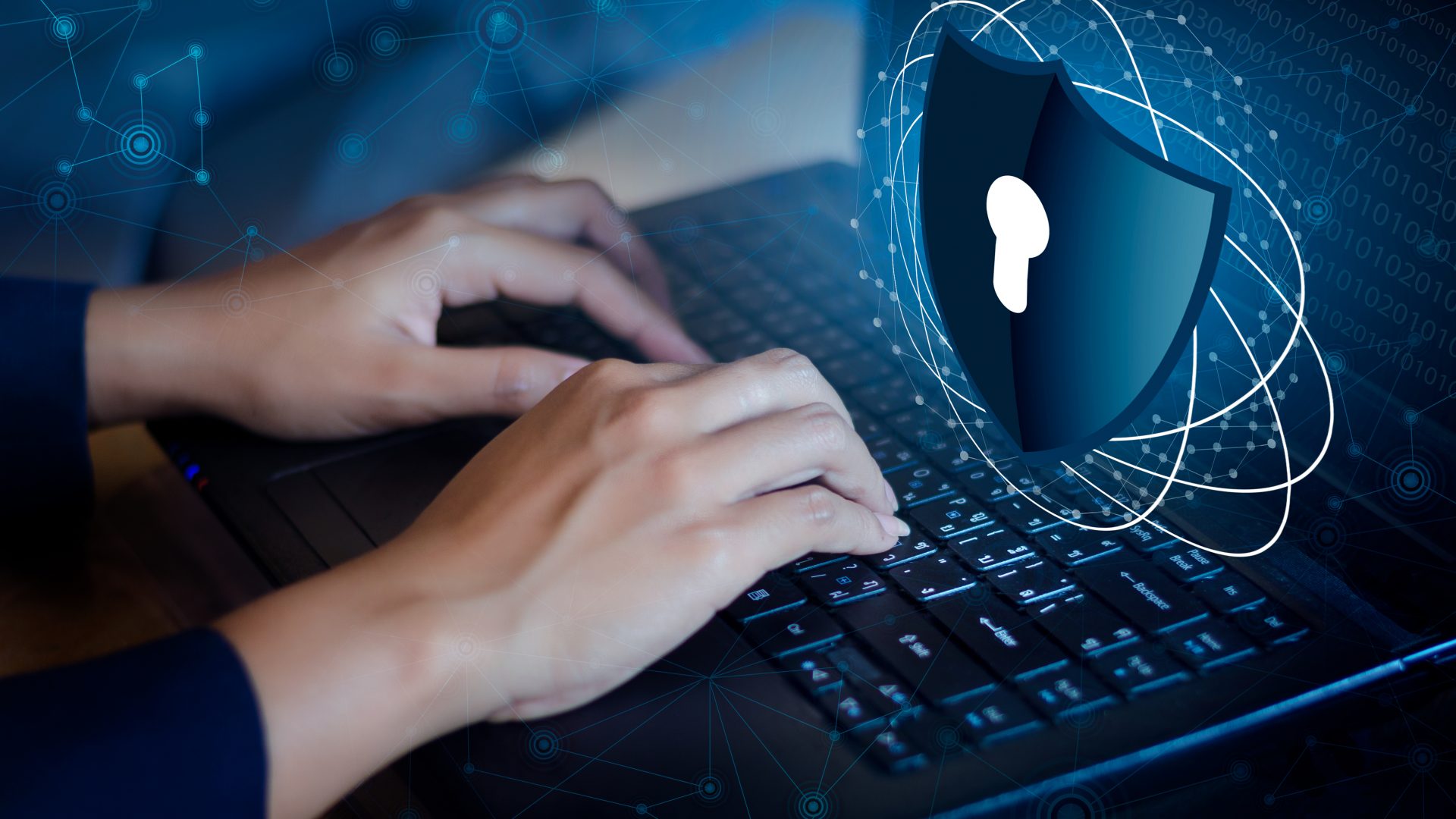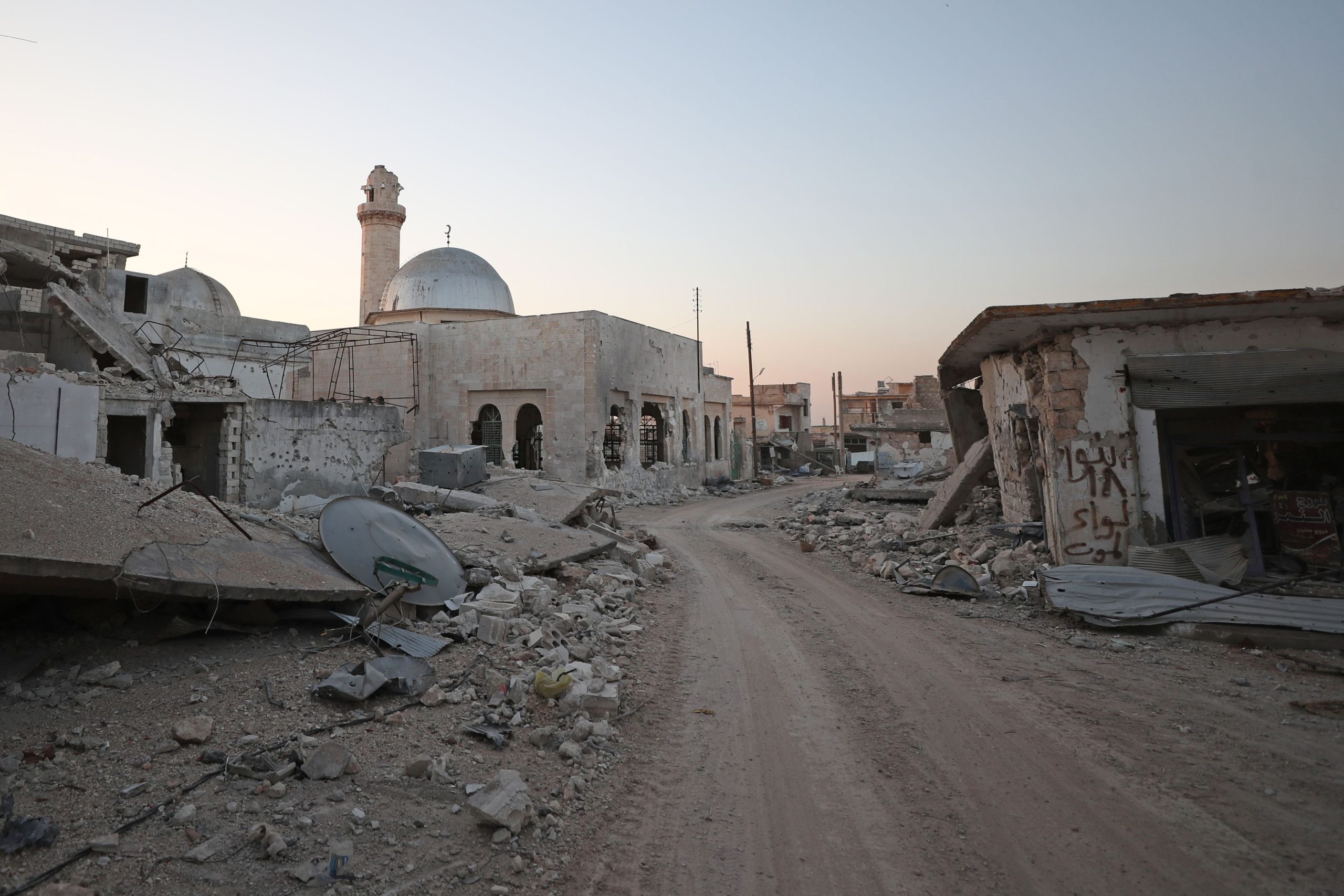A General View of the Crisis
As a Latin American country, Venezuela has been in a struggle since 2019 in terms of its “presidents”, which is an unusual term for a country. Nicolás Maduro and Juan Guaidó are the key figures of these complex situations, leading to the question of who the rightful and legitimate president of the country is. The acceptance of Guaidó, who declared himself interim president of the country on the international agenda, as the legitimate president has led to a crisis in the country’s presidential system. The fact that important international actors, such as the United States and the European Union, recognize Guaidó as the legitimate president of Venezuela instead of elected president Maduro does not alleviate the crisis. (Miliard, 2021)
There are some reasons that people of the country have not been happy with their elected president Maduro since 2013. The country has not been able to ensure a stable political and economic environment under the Maduro government. (Miliard, 2021) Venezuela has the most significant petroleum reserves globally; therefore, its revenues mainly depend on this financial resource. But since 2013, there has been a decline in commodity prices, which has also led to a reduction in oil prices, damaging its economy. Inflation rates have skyrocketed, Venezuela’s currency, the Strong Bolivar, has largely depreciated, and public access to essential food products has been restricted. (Erdoğan, 2019)
It would not be wrong to say that Maduro is continuing Hugo Chavez’s legacy, who served as president from 1999 to 2013. Chavez held the office until he died in 2013, and Maduro continued to serve as president by proxy. Madurwasen served as foreign minister in 2006 and vice president in 2012 during the Chavez administration. Ultimately, in April 2013, the United Socialist Party of Venezuela (PSUV) was elected with the most votes, and Maduro became the president. (Erdoğan, 2019)
During the Chavez administration, a path was followed in favour of socialist policies against American imperialism. Chavez continued to build strong relations with Cuba, subject to American embargoes for many years, laced oil management under state control. As a reflection of socialist policies, public spending has increased during this period, and the country’s economy became heavily dependent on oil exports. For these reasons, the economic crises of the Maduro era have come out as inevitable. Therefore, Donald Trump has imposed severe sanctions against the Maduro administration, which continues the Chavez administration’s legacy. Foreign investments were blocked, and the country began to suffer from capital shortages. The country’s valuable hydrocarbon resources were not used efficiently, and oil production declined. The economic crisis’s effects were so significant that the government has begun to emigrate in severe numbers to neighbouring Latin America countries.
Despite this challenging situation of the country and the people’s misery, sanctions against Venezuela have continued in the Trump era. The main reason was to put the Maduro administration in a difficult position against the citizens of Venezuela. Besides, Washington has frequently accused the Chavez and Maduro administrations of being undemocratic and violating human rights. But by accepting Guaidó’s leadership as the country’s legitimate president, who has declared his presidency in an undemocratic way, the US administration has led to a dilemma. (Çin, 2019) Since the United States’ economic interests over Venezuela are threatened by the anti-American and neoliberalist attitude of the Maduro administration, Washington’s attitude towards Maduro was not surprising. (Demirel, 2019)
Juan Guaidó’s Struggle and the Starting Point of the Crisis
After examining the crisis from a general perspective and emphasizing why it turned into a deep economic and political turmoil, it would be fitting to investigate how it started, progressed and its current situation. Juan Guaidó is a young and idealistic opposition party leader who openly opposed Venezuelan President Maduro in 2019. His opposition identity was revealed during the Maduro era, but he also often took part in protests during the Chavez era. In 2015, he was elected in the state elections and began to take a seat in Parliament as a representative for Vargas. (Euronews, 2019) In December of the same year, for the first time after 16 years in the National Assembly elections, the opposition sovereignty was achieved within the Parliament instead of the Socialist Party. Therefore, although the country’s crisis of political legitimacy reaches its peak in 2019, it has been dated back to the 2015 parliamentary elections. However, the Maduro administration did not allow for an opposition victory in the National Assembly, and in 2017 the assembly was dissolved by a decree created at Maduro’s request. The opposition boycotted this decision, but the National Assembly was replaced by the Constituent Assembly, formed by pro-government supporters. After these developments, a series of protests took place, and opposition leaders, especially Guaidó, tried to encourage the public to support the protests. (BBC, 2019) Unfortunately, the demonstrations and protests ended bloody and with casualties. Although the opposition’s boycott was not enough to preserve the National Assembly’s formal existence, competition did not recognize the Constituent Assembly. Then in early January 2019, Guaidó was elected as the president of the National Assembly. Although he is not new to political life, the crucial step contributing to the international recognition of Guaidó is this presidential post. After Guaidó was elected to office, he was detained by government forces and then released. (Baran, 2019)
Maduro was elected for the second time in 2018, with 68 per cent of the vote for another 6-year presidential term. However, with claims that the election was controversial, the opposition’s response has grown exponentially. (Third Way, 2019) The most crucial thing that the Guaidó opposition insists on was that Maduro had completed his first six years and must withdraw from the government. The fact that the 2018 presidential elections were not free and fair and Maduro’s usurp of the government has often been emphasized by the opposition. (Baran, 2019) However, Maduro, who ignored allegations of fraud elections by receiving the support of countries such as Russia, China, Cuba, continued to serve as president. After that, Guaidó declared himself the legitimate interim leader of Venezuela on January 23, 2019, with the US’s support. And this brought the crisis to the point that it can no longer be ignored. A new political leadership crisis has been added to Venezuela’s economic and human concerns was mentioned above. (Third Way, 2019)
The claim that Guaidó was the legitimate leader became effective with its gaining international support. According to Trump, Guaidó was the head of state of the transition process. The American State Department issued a written statement with the Secretary of State Mike Pompeo’s approval and signature calling on Maduro to withdraw from the government. Although it is a fact that America is the biggest supporter of Guaidó, as mentioned earlier, European countries and Canada have recognized Guaidó’s interim presidency. (Baran, 2019) Many neighbouring Latin American countries (Brazil, Argentina, Colombia) have recognized the Provisional Government of Guaidó. Thus, the state of 53 nations declared that they were supporting the interim presidency of Guaidó. (Third Way, 2019) However, the two important international powerful actors, Russia and China, have sided with the Maduro government’s legitimacy during the crisis. The fact that these two actors are on the Maduro government’s side is also crucial in preventing any intervention by the United Nations Security Council against the Maduro administration. These developments show that a national political crisis is growing by including the international parties and is open to foreign intervention. (Baran, 2019) For instance, Russia militarily and economically supports the Maduro government and provides military assistance to the country. However, the Trump government has opposed such aid and has called for the withdrawal of Russian troops from the country in 2019. (BBC, 2019)
Furthermore, Guaidó has resorted to some interventions aimed at removing Maduro from the presidency. In April 2019, he called the Venezuelan army and people to encourage them to surround the streets and protest. But Guaidó could not achieve the backup he wanted from the military, and it became clear that Maduro had the complete support of the military. Also, the Trump administration has continued its sanctions against the Maduro administration. But in the face of a political and humanitarian crisis that has deepened over the years, America has not developed an effective strategy and will end the crisis. (Third Way, 2019)
Current Situation
In Venezuela, the presidential crisis is now in its second year. In the country, the requirements of democracy and the people’s needs cannot be met, and the situation is challenging to cope with. Political instability is causing more harm to Venezuela’s people day by day, and emigration from the country has become almost mandatory for the citizens.
Parliamentary elections were held in December 2020, and Maduro’s supporters won as many as two-thirds of the National Assembly seats with 67 per cent of the votes. The opposition has stressed that these elections are not free as it was in the previous elections. Especially in July 2020, the Venezuelan Supreme Court-appointed government supporters to chair the National Electoral Council (CNE) are proof that the elections were rigged. Some countries in the region and European countries also assume polls have been rigged (Human Rights Watch, 2020)
Members of opposition parties who have been sided with Guaidó in the National Assembly boycotted the election and did not vote. Then Guaidó’s only opposition stronghold, the National Assembly, which he chairs, came under the control of Maduro’s Socialist Party’s supporters in the elections. Thus, after the presidential election in 2018, Maduro’s government held a contested parliamentary election. Important actors such as the EU, the US, and the Organization of American States do not accept the election’s legitimacy and emphasize that it does not meet democratic transparency. Many Latin American countries and some Caribbean countries, states such as America’s supporter Brazil and Colombia, did not recognize the election results. Joe Biden, the new president of the United States, has continued to call the Maduro regime a “dictator” with a similar perspective to the Trump administration in Venezuela’s current situation.
In conclusion, Maduro’s victory in parliamentary elections did not determine the legitimate president and did not resolve the crisis. The humanitarian situation of Venezuela continues to worsen in the face of coronavirus. Intensive migration out of the country has become a serious international problem. (BBC, 2020)
Prepared by Gökçen Hardal for The FEAS Journal.
REFERENCES
Baran, D. (2019). Venezüella’da Tanıma İkilemi. Global Political Trends Center (GPoT). doi:10.2307/resrep19342
BBC News. (2019). Venezuela’da muhalif lider Guaido 15 yıl süreyle kamuda çalışmaktan men edildi. Retrieved from https://www.bbc.com/turkce/haberler-dunya-47742663
BBC News. (, 2020). Venezuela’s parliamentary poll: Five things you need to know. Retrieved from https://www.bbc.com/news/world-latin-america-55171253
Çin, G. (2019). Amerikan Emperyalizminin Latin Amerika’daki Son Örneği: Bolivarcı Venezuela Cumhuriyeti’nde Yaşanan Kriz. Üsküdar Üniversitesi Sosyal Bilimler Dergisi , 0 (8) , 1-38 . Retrieved from https://dergipark.org.tr/tr/pub/uskudarsbd/issue/48123/537851
Demirel, E. (2020). Dış Müdahale Olgusu Kapsamında ABD-Venezuela İlişkileri. Öneri Dergisi , 15 (53) , 36-76 . DOI: 10.14783/maruoneri.676370
Erdoğan, O. (2019). Venezüella’da Yerel Yönetimler. Ömer Halisdemir Üniversitesi İktisadi ve İdari Bilimler Fakültesi Dergisi , 12 (3) , 351-360 . DOI: 10.25287/ohuiibf.533292
Euronews. (2019). Venezuela’da siyasi kriz: Maduro’yu devirmek isteyen Juan Guaidó kim? Retrieved from https://tr.euronews.com/2019/04/30/venezuela-da-secilmis-devlet-baskani-maduro-nun-yerine-gectigini-aciklayan-juan-Guaidó-kim
Human Rights Watch. (, 2020). Venezuela Events of 2020. Retrieved from https://www.hrw.org/world-report/2021/country-chapters/venezuela#
Miliard, M. (2021). Venezuelan Presidential Crisis (2019). Salem Press Encyclopedia.
Third Way. (, 2019). Country Brief: Venezuela. https://doi.org/10.2307/resrep20131












